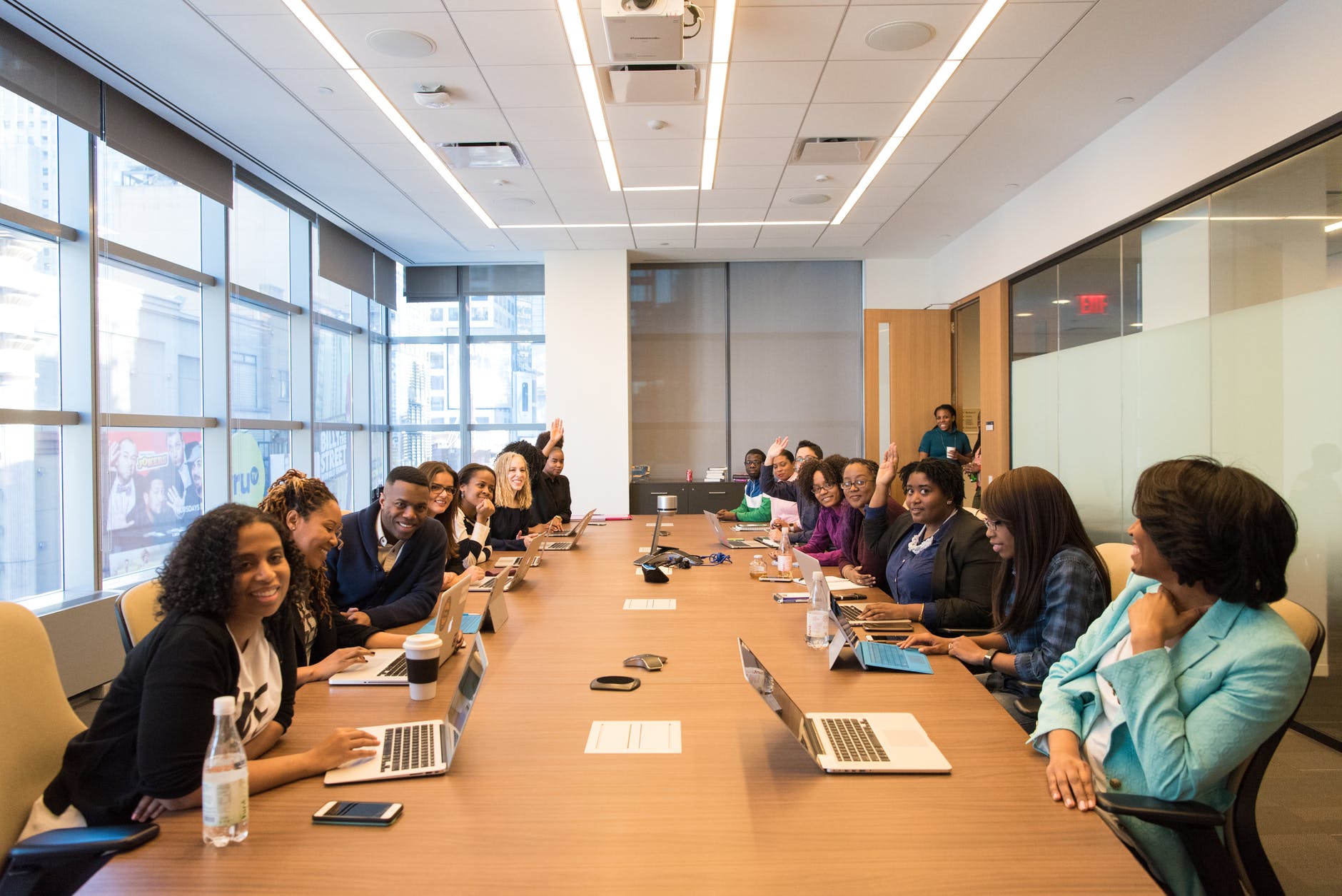An interrupted communication and data flow are very essential at every stage of a real estate project. Nowadays, managing projects with the adoption of various Information technologies is on the rise. Employing such means that you have avoided generic flows such as project delays, budget deficits, data inefficiency and broken communication.
 Image: Forbes
Image: Forbes
The world is changing through the evolution of technologies, business environment, social organization and many other things. However, we are not here to talk about that. Below we dig into the trends in the digital project management (DPM)realm along with their specific effects to Project Managers (PMs). Whether you love trends (You bought a Smart TV four years ago) or a bit old-fashioned (You are still straining to find vacant houses and properties for sale while you can use the authentic services of Hao Finder), you need to know all the new DPM trends and how they might influence your approach and team.
1. Artificial Intelligence and Automation
PMs will never be replaced by drones or robots anytime soon. However, they might be replaced by others who play nice with automation and AI. AI is taking the whole world into a fourth revolution. In project management, AI is being used to tailor firms’ products and services on a real-time basis. Internally, the technology is being employed to automate tasks such as data visualization to scheduling.
What’s the impact?
In housing DPM, AI assists in projects’ prioritization and allocation of resources for construction in real-time. This means that in case any late breakings occur, the system will swiftly adjust to the needs of clients. The technology also improves Decision-making, fact-gathering and analysis processes.
2. Value for soft skills
Employees' skills are more valuable than grades. On the other side of AI is emotional Intelligence. Machines can process any kind of information. However, they lack a critical ingredient needed in project management - humanity. Social skills such as emotional intelligence, teaching, and negotiation are, therefore, vital. According to the World Economic Forum, “Social Skills” is the second most desired skill by employers.
What’s the impact?
The importance of soft skills cannot be overstressed. The role of a PM has changed to being a tactful negotiator, motivational leader, needs anticipator, a good listener, and adept coordinator.
3. Growing gig economy
More people continue to work on a remote basis, and PMs are not left behind either. Many DPM teams are nowadays bringing in gig workers. Everyone desires to change his/her work environment and have flexibility in job arrangements. BLS (Bureau of Labour Statistics) states that 1 in 3 people gets income from non-traditional 8.00am to 5.00pm in the US. In years to come this might be the case in the country.
What’s the impact?
This comes with a set of new challenges such as time zones, task management, and workers’ supervision. The big question is how the workflow will be consistent when most of the team members are in different locations and concerned with other projects too.
4. Method Melding
Agile is not a new thing for most companies. A number of methodologies are being integrated into custom blends under the PM umbrella. Flat hierarchies are replacing traditional linear methods for the development of products. Agile principals are just everywhere including construction, finance, marketing and so on.
 Image: cscc.edu
Image: cscc.edu
What’s the impact?
Methodological Melding brings in a two-fold challenge. First, as a PM, you should ensure that you are updated with the latest methods so that you can grasp the mindset of your team members. Second, you need to define your methodologies without being dictatorial.
Digital Project Management enhancements definitely change the way companies operate. A good PM who embraces technology in the middle of this all might be the transforming force in the future. We at Haofinder know that the future belongs to those who embrace trends and act swiftly. We understand how these fads can impact our clients, approach, and team. Therefore, we constantly take measures to stay relevant always, even in changing times.

